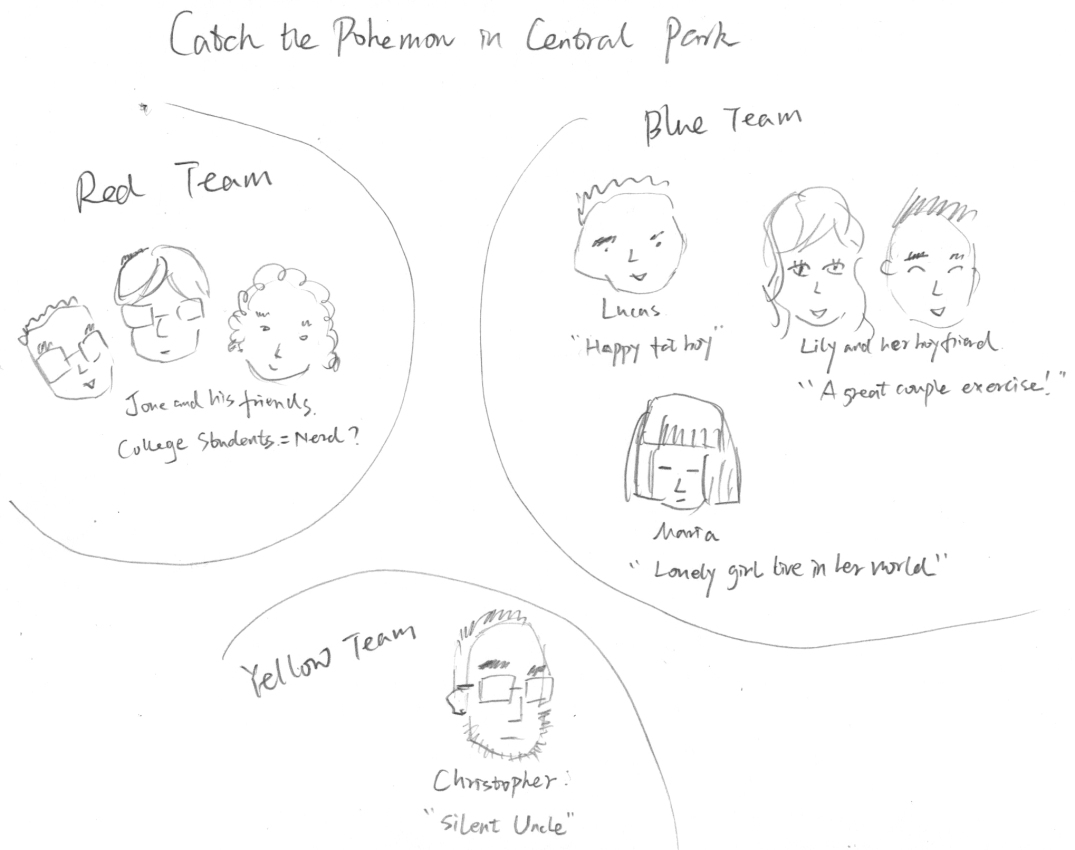At first, I thought the Seminar is a course to discuss some trendy or sensitive issues, but this class achieves more, especially makes me to rethink the topic and structure of my thesis. Here to write relationship of what I discovered or learned in Seminar to my thesis
methodology and approach.
I think the task of meeting new people every week is so interesting and helpful. For me, it took quite a lot of courage to talk to strangers. And I found out the more difficult part is how to continue and lead the conversation. I had prepared some questions before, but due to people’s various reaction, most of time I didn’t follow the schedule I made. Sometimes the unexpected results were fascinating, sometimes they just went to different directions. What I have learned from this assignment is how to observe people during the conversation. Not only their appearances or facial expressions, but also their reactions and behaviors. Observations can form a part of either quantitative or qualitative research. If a researcher wants to know what people do under certain circumstances, the most straightforward way to get this information is sometimes simply to watch them under those circumstances. There are a number of potential ethical concerns that can arise with an observation study. Do the people being studied know that they are under observation? Can they give their consent? If some people are unhappy with being observed, is it possible to ‘remove’ them from the study while still carrying out observations of the others around them?
Since the purpose of thesis is not to solve a problem, I’m wondering what can I do to contribute to the design area. My thesis is focus on building virtual as well as emotional experience, combining technology with narratives. I pay lots of attention to the future assumption, but overlook the history. The history and development of technology gave some inspirations. Especially most of the great inventions were the outcomes of accidents and created unexpected consequences, even changed the way of communication and entertainment. I would like to add the case study in my thesis. Here the main attention is on a particular project, technology or set of documents. A case study enables me to focus on a specific example. A major challenge in case study dissertations is connecting my own primary research or re-analysis with the broader theoretical themes.
Then other thing I’d like to try is focus group. Pick several participants, there is an emphasis in the questioning on a tightly defined topic. The accent is on interaction within the group and the joint construction of meaning.

